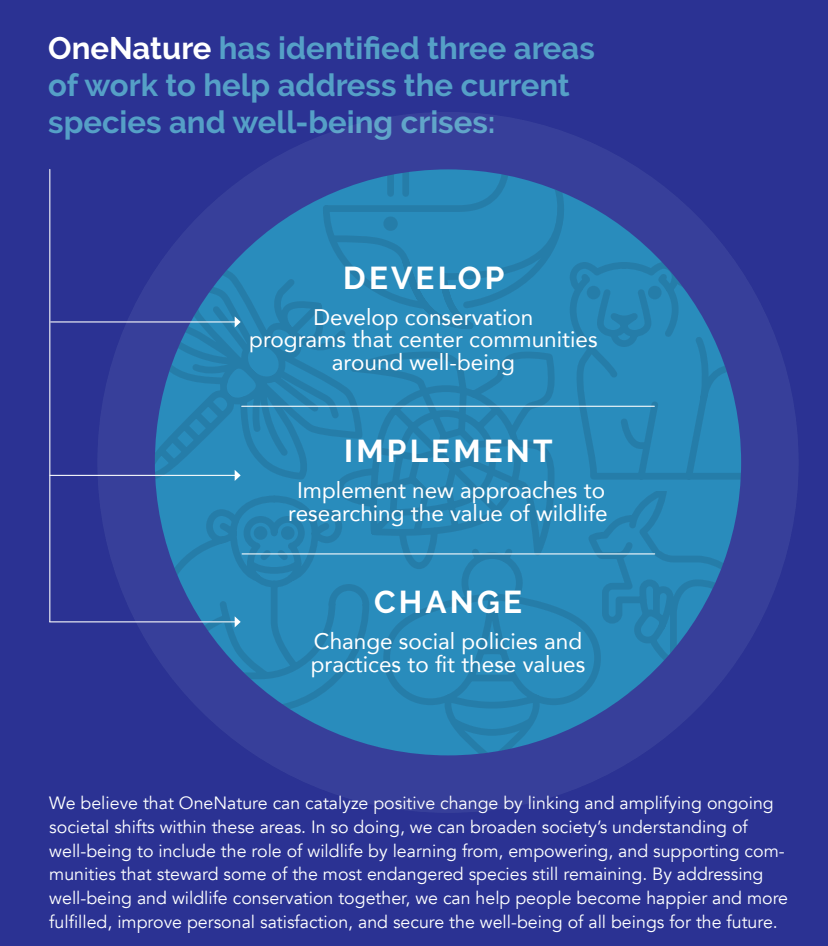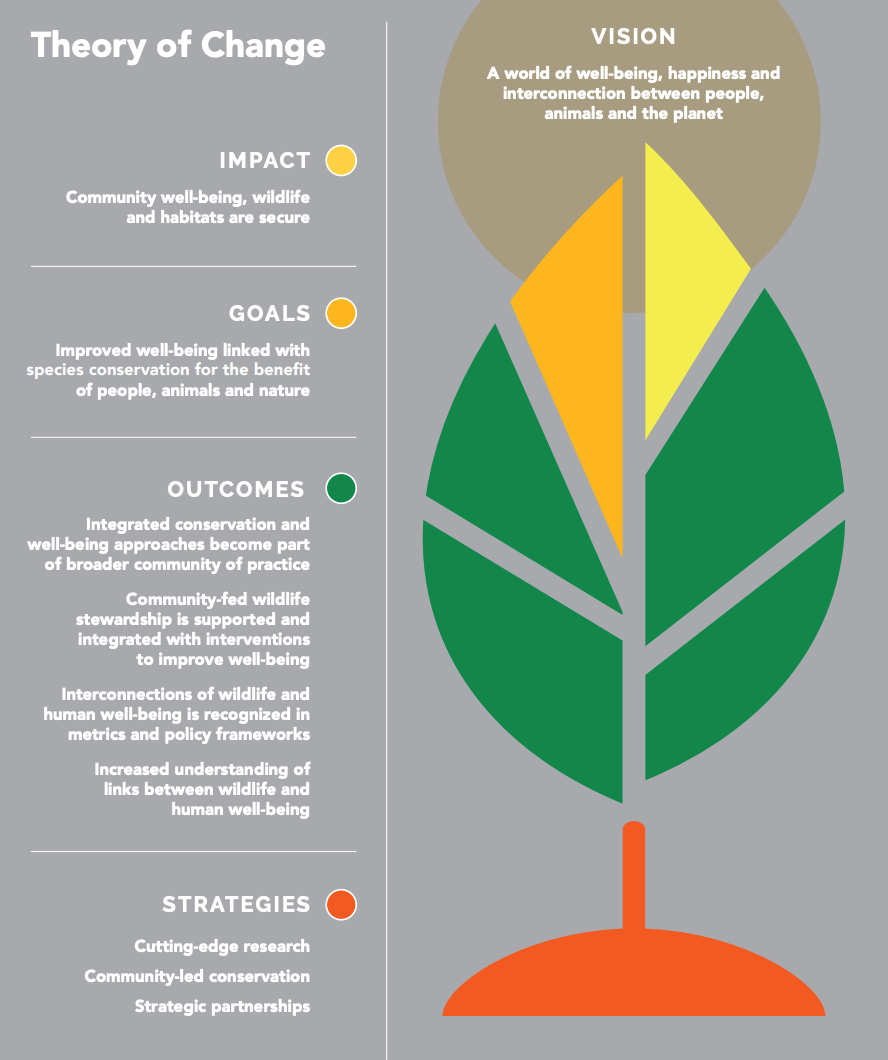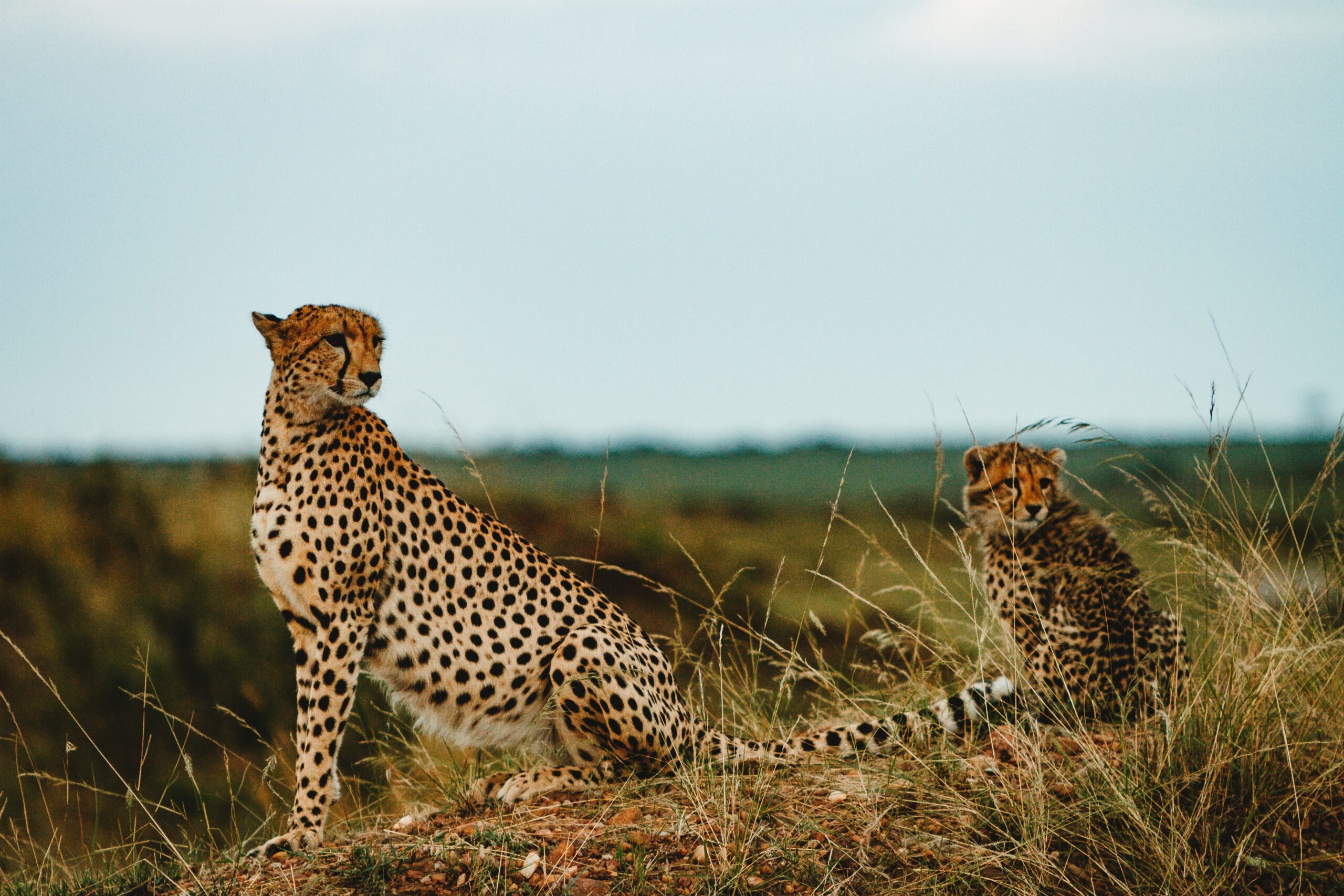Image credit: Lee Bernd via Unsplash
OneNature’s Well-Being Report
This week, we’d like to highlight important messages from our recent report: Advancing Well-Being for All Beings, which focuses on assessing and recommending solutions to improve the general well-being of humans, animals, and the planet.
These recent years have seen substantial societal shifts toward emphasizing well-being, valuing wildlife, and engaging Indigenous and local stakeholders as true partners in conservation.
These shifts, along with the incentive that the COVID-19 pandemic and climate change have created to address pressing societal and environmental challenges, offer all of us a chance for a better future.
OneNature aims to build on, amplify, and link these positive developments.
We firmly believe that creating a more sustainable future for all beings should not be seen as a sacrifice of our current way of life, but serve as an opportunity to realign our behaviors, decisions, and policies around what matters most: a thriving natural world with flourishing well-being for all.
We advocate for three key system changes in response to these crises:
- A new emphasis on holistic well-being measures instead of exclusively short-term, economic metrics in societal decision-making
- A deeper understanding of the intrinsic, extrinsic, and relational values of wildlife in order to better inform that decision-making
- A reorientation of conservation decision-making and practice in order to center the Indigenous and local communities stewarding the world’s wildlife

Our key findings:
Gross Domestic Product as an indicator of economic progress is limited.
- Researchers, organizations, and governments increasingly recognize the limits of Gross Domestic Product (GDP) as an indicator of economic progress, and believe there is a need for more holistic measurements of well-being. Alternative measures–including Gross National Happiness, the Genuine Progress Indicator, the Happy Planet Index, and the Inclusive Wealth Index–have been developed and are being implemented in communities around the world. It is important that these new holistic well-being measures be inclusive of diverse worldviews and values.
Research into the value of nature is growing exponentially.
- In the last decade, there has been a growing body of research into the value of nature and methodologies and indicators that can account for it more accurately and holistically. This research incorporates not just the instrumental value of nature but also its intrinsic and relational values. Similar attempts to value wildlife holistically are less advanced but no less important.
Wildlife and ecosystems are economically and spiritually valuable.
- There has been substantial research into the economic and ecosystem values of wildlife. Research into the links between wildlife and human health has increased after COVID-19. There is less research into wildlife’s cultural and spiritual values, but advancing this research would be beneficial for the conservation of species and the advancement of human well-being.
Indigenous peoples & local communities can create successful connections for conservation.
- Conservation practitioners and policy-makers have begun to recognize the importance of Indigenous and Traditional Knowledge and local perspectives in their work. Centering these communities and using a holistic, well-being approach to decision-making are determining factors in successful and sustainable conservation projects.

OneNature believes that the three distinct movements discussed in this report—a shift toward well-being metrics in economic policy, an attempt to assign holistic values to wildlife and nature, and an increasing recognition of the vital role of local communities in conservation— are linked and mutually supportive.
